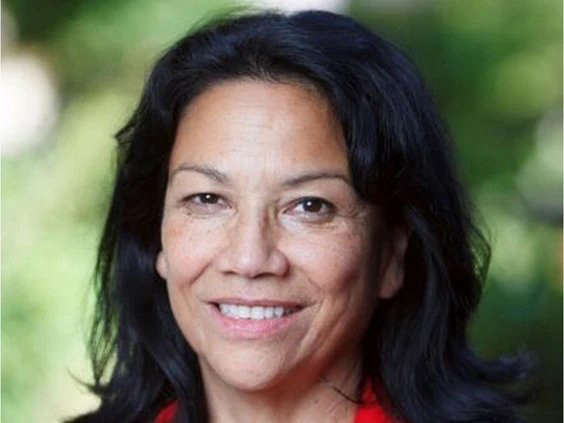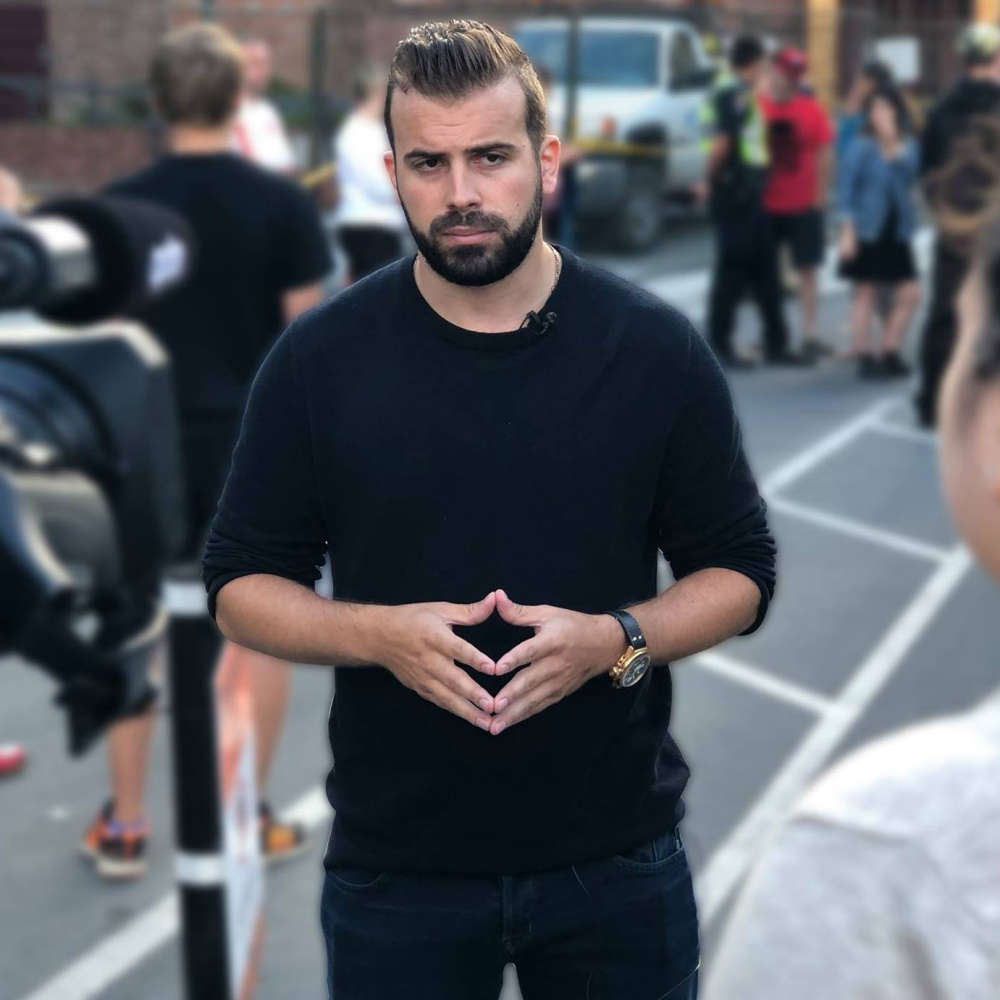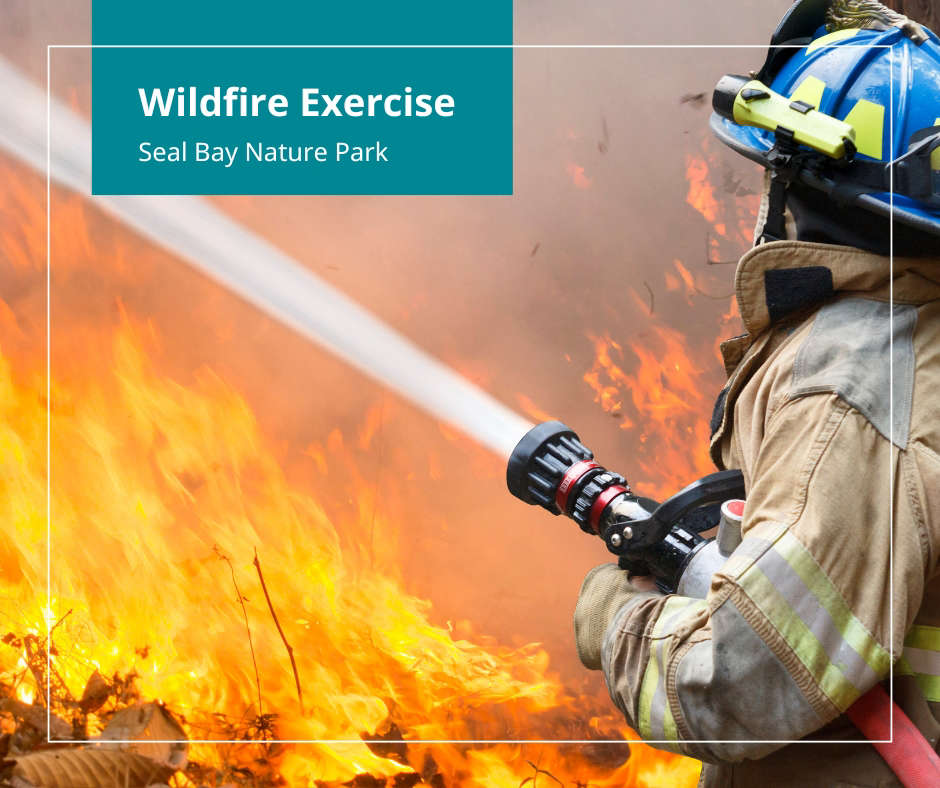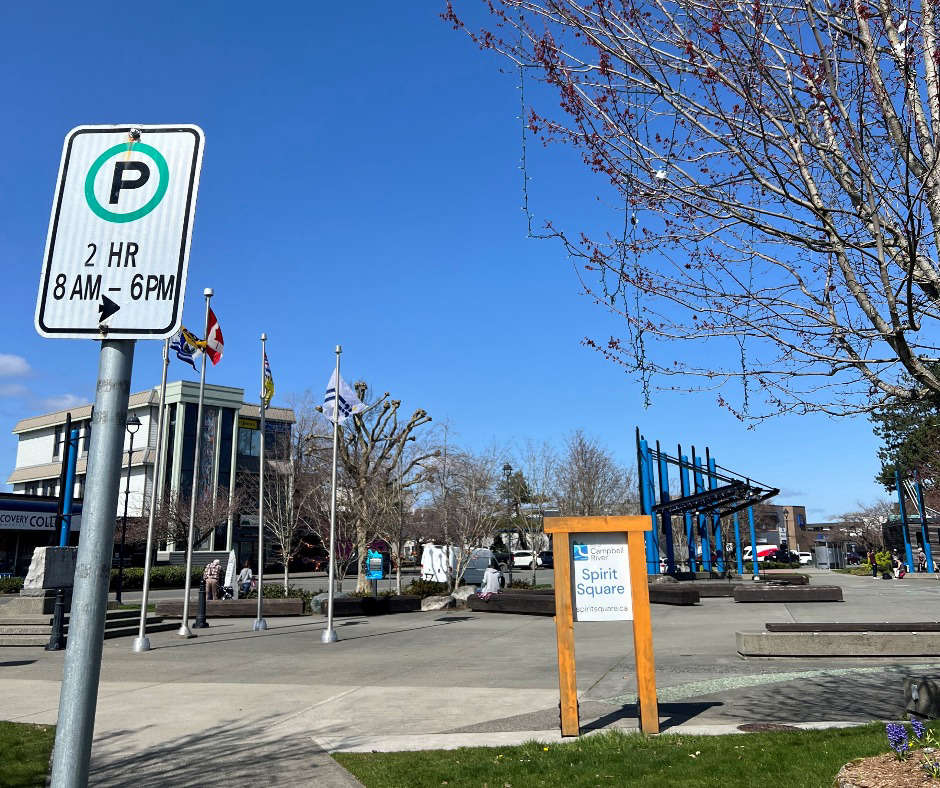
The BC Association of Aboriginal Friendship Centres and Battered Women’s Support Services, joined by the Union of BC Indian Chiefs and the Prince George Sexual Assault Centre, have released a year-long research project looking into intimate partner violence during the COVID 19 pandemic.
The BC Association of Aboriginal Friendship Centres and Battered Women’s Support Services, joined by the Union of BC Indian Chiefs and the Prince George Sexual Assault Centre, have released a year-long research project looking into intimate partner violence during the COVID 19 pandemic.
In partnership with the University of Victoria, leading Indigenous and anti-violence organizations in B.C. undertook a research project involving surveys and first-hand interviews with Indigenous women and gender diverse people across the province to understand the experiences of intimate partner violence that many are facing.
The report, titled "The Road to Safety" found pressures placed by the pandemic increased the frequency and severity of intimate partner violence experienced by Indigenous women and gender diverse people.
85% of survey respondents reported an onset of intimate partner violence during the pandemic, and 77% reported that they experienced an increase in intimate partner violence during the pandemic.
Growing waitlists to access services, inadequate access to transport and childcare, quarantine and isolation, racism and discrimination, and the involvement of law enforcement agencies also prevented many Indigenous survivors from accessing anti-violence support services and safety.
According to Leslie Varley, Executive Director of BC Association of Aboriginal Friendship Centres, the findings indicate systemic challenges of access to justice and safety for Indigenous women and gender diverse people.
She says most government funding to address violence against Indigenous women is not in the hands of Indigenous organizations, adding Indigenous communities must receive funding to establish and operate programs themselves.
 First Nation Leadership Council Calls For Conservatives To Pull North Island-Powell River Candidate
First Nation Leadership Council Calls For Conservatives To Pull North Island-Powell River Candidate
 North Island-Powell River All Candidates Debate At Sunday At Tidemark Theatre
North Island-Powell River All Candidates Debate At Sunday At Tidemark Theatre
 Cumberland Residents Are Encouraged To Report Incidents To The RCMP
Cumberland Residents Are Encouraged To Report Incidents To The RCMP
 Training Exercise Today At 19 Wing Comox And Seal Bay Nature Park Area
Training Exercise Today At 19 Wing Comox And Seal Bay Nature Park Area
 Campbell River Extends Downtown Parking Time Limits
Campbell River Extends Downtown Parking Time Limits
